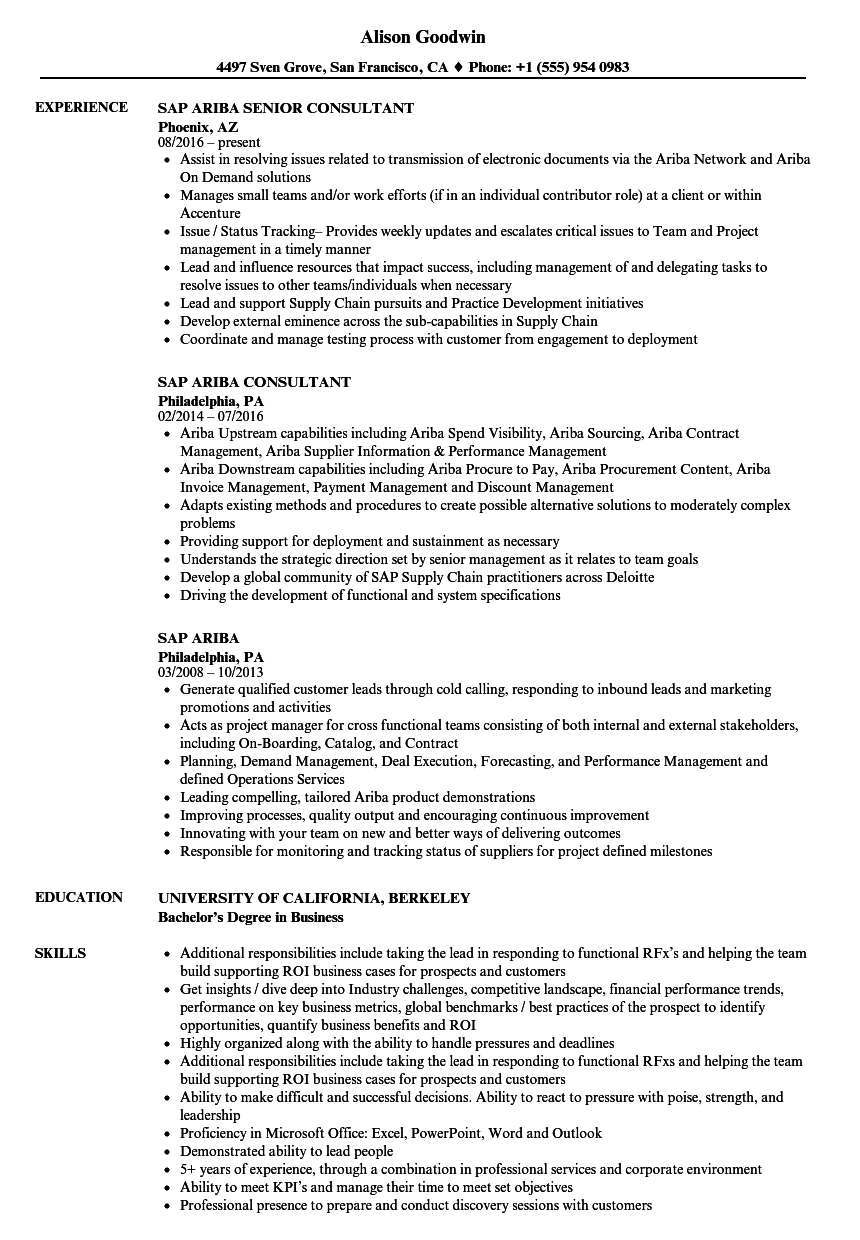

Some of its notable subsidiaries are Ariba, Inc. The company offers solutions for 25 industries, including oil and gas, travel and transportation, retail, healthcare, chemicals, telecommunications, life sciences, banking, and aerospace and defense, and operates in more than 180 countries across the globe. SAP provides solutions through 12 major business lines: SCM, sourcing and procurement, service, sales, R&D/engineering, marketing, manufacturing, human resources, finance, commerce, asset management, and technology. The company’s digital supply chain portfolio delivers an integrated suite of software solutions for designing, planning, manufacturing, delivering, and operating products. The company offers a range of comprehensive solutions through various product categories, such as ERP and finance, CRM and customer experience, digital supply chain, network and spend management, business technology platform, and HR and people engagement. It operates through three segments: applications, technology, services, and qualtrics. The company also engages in enterprise cloud computing and digital commerce. SAP is a provider of business application and analytics software across several business lines, including asset management, commerce, finance, human resources, manufacturing, marketing, sales, supply chain, sourcing and procurement, and manufacturing. To know about the assumptions considered for the study download the pdf brochure These companies are well-positioned to provide SCM services for various vertical applications, such as FMCG, retail and eCommerce, healthcare, manufacturing, automotive, and other verticals.

Agreements, mergers and acquisitions, and new product developments are some of the major strategies adopted by the market players to achieve growth in the SCM market.


These companies adopt various strategies to expand their global presence and market share. Key players in the global SCM market include SAP (Germany), Oracle (US), Infor (US), Descartes (Canada), Manhattan Associates (US), IBM (US), Logility (US), Kinaxis (Canada), Blue Yonder (US), Körber (US), Coupa (US), Epicor (US), BluJay (US), OMP (US), E2open (US), JAGGAER (US), Zycus (US), and GEP (US). The major factors driving the market include the increasing adoption of cloud supply chain management among SMEs and enhancing business continuity by minimizing potential failures. The global Supply Chain Management (SCM) market size is projected to grow from USD 28.9 billion in 2022 to USD 45.2 billion by 2027, at a Compound Annual Growth Rate (CAGR) of 9.4% during the forecast period.


 0 kommentar(er)
0 kommentar(er)
